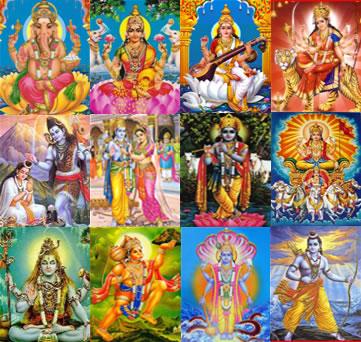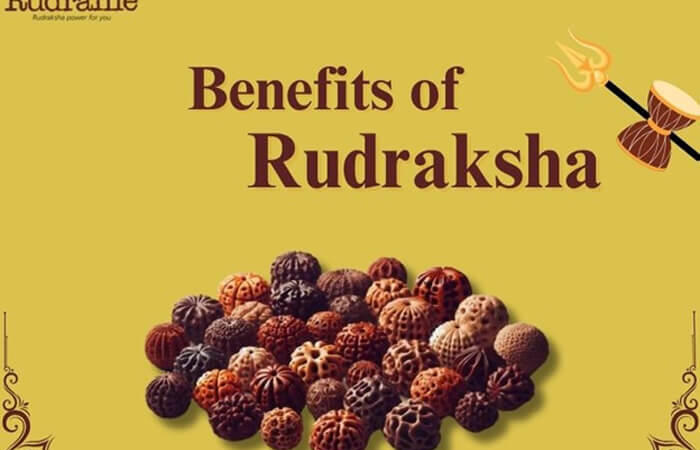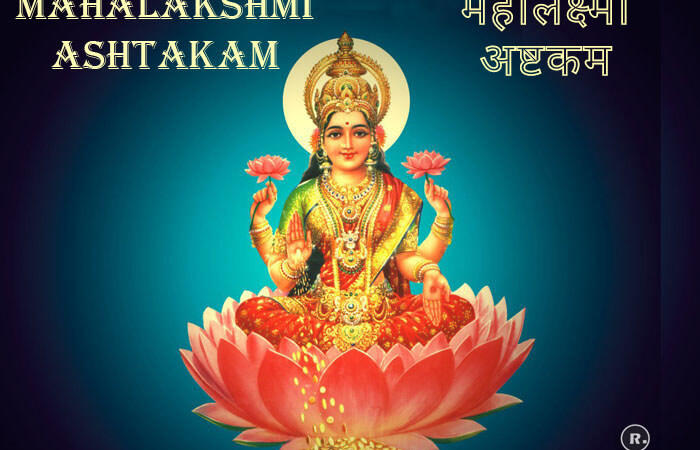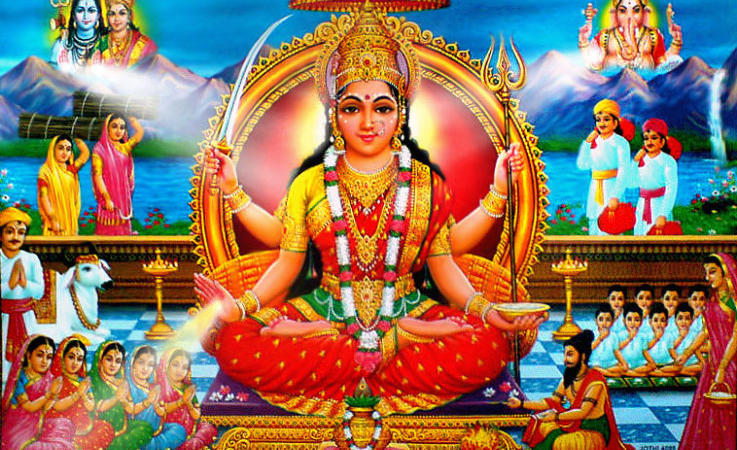Each Day of a Week is dedicated to Hindu God

In Hinduism, each day of a week is dedicated to a particular god in the Hindu pantheon. Apart from the special Vratas and Upvaas, many Hindus also fast on a particular day in a week. Each day in a week has a specialty and there are numerous folklores associated with the fasting observed on the days of a week.
Sunday
Sunday is dedicated to Lord Surya (Sun God). Those who undertake fast (upvaas) on the day only take a single meal. Oil and salt are avoided. Red is the color of the day and red flowers are offered to Surya Ravivar, or Sunday is dedicated to Lord Surya or Suryanarayana. Upvaas or fasting on the day is dedicated to the Sun God. Red is the color of the day.
Those people who undertake fast on the day only eat food once that too before sunset. Salt, oily, and fried food items are avoided. Red color flowers are offered while praying. Red color sandalwood paste is applied as a tilak on the forehead.
Extra care is given to the cleanliness of the body and surroundings. It is believed that Ravivar Vrat will help in fulfilling desires. People with skin diseases observe the Vrat get relief. Many devotees also give alms on the day.
Monday
Monday is dedicated to Lord Shiva. It is said that Lord Shiva is easily pleased. Therefore many people observe Upvaas on Monday. Those devotees observing fast only eat food once. People visit Lord Shiva shrines and conduct pujas, especially, Ardhanarishwara puja.
The mantra ‘Om Namah Shivaya’ is chanted continuously. Siva devotees also read Shiva Purana. Unmarried women observe the Vrat get good husbands. Others observe it for happy and prosperous family life.
Upvaas, or fasting, in Hinduism is mainly observed for the fulfillment of a vow. Upvas is also referred to as ‘Vrats.’ But ‘Vrat’ has a wider meaning and it is not just curtailed to the fasting observed for material or other gains. Each day in a week is dedicated to one or more of the gods in the Hindu pantheon. A particular deity is appeased by the devotee on a particular day. Thus Monday is usually dedicated to Lord Shiva.
Upvass, or fasting, on Mondays, begins at sunrise and ends at sunset. On the day, food is only eaten after evening prayer. Lord Shiva and Goddess Parvati are worshipped on the day. Of course, no worship begins without remembering Lord Ganesha. The fasting on Mondays in the Shravan month is considered even more auspicious.
Tuesday
Tuesday is dedicated to Lord Ganesha, Durga, Goddess Kali, and Lord Hanuman. Most devotees visit Devi and Hanuman shrines. Those people who fast avoid taking food containing salt at night.
In Hinduism, each day in a week is dedicated to a particular deity in the Hindu pantheon. Tuesday or Mangalvar is dedicated to Lord Hanuman. Upvaas (fasting) on the day is dedicated to Hanuman and Mangal or Mars. Mangalwar, Tuesday, takes its name from the god Mangal or Mars who rules the day and is considered to be a troublemaker, and the fast is to ward off the harmful effects. Red is the preferred color on the day.
It must be noted here that the Hanuman might not be worshipped on Tuesday in all regions. Some communities might be worshipping some other deity. For example, in South India, the day is dedicated to Skanda or Muruga or Kartikeya (Kartik). But generally, Tuesday is dedicated to Hanuman.
Mangalvar Vrat is observed by those couples who wish to have a son. Other benefits include happiness in the family. People who believe in astrology observe fast to alleviate the harmful effects associated with the planet mangal or mars.
Wednesday
Budvar, Wednesday, is dedicated to Lord Krishna and the planet Budh or Mercury. The day is also associated with Lord Vithal, an incarnation of Krishna. Green color leaves, especially Tulsi leaves, are used in Pujas. The day is highly auspicious for starting new ventures and it is believed that those who observe the Vrat are bound to get blessed with fortunes. People also give alms on the day. In some regions, Lord Vishnu is worshiped. Keeping a fast (Upvaas) on Budhvar is believed to help in leading a peaceful family life.
Those devotees who undertake a fast on the day only take a single meal in the afternoon. The fasting is observed mainly by husband and wife together. The green color is considered highly auspicious on the day. In Astrology, mercury is considered to be compassionate and generous. Mercury is usually depicted riding a lion.
In some regions, people start new ventures on Wednesday as Mercury or Budh is considered to help new business ventures. Educational activities begin on Wednesday in some places.
Thursday
Thursday is dedicated to Lord Vishnu and his incarnations. Pujas are conducted using milk, ghee, etc. Food is only eaten once and that too containing milk products. People read Srimad Bhagavad Purana on the day In Hinduism, each day in a week is dedicated to a particular god in the Hindu pantheon. Thursday, which is Brihaspatiwar or Vrihaspativar, is dedicated to Vishnu and Brihaspati, the Guru of Devas.
Thursday is also popularly known as Gurubar or Guruvar. Yellow is the color of the day. A fast is observed on the day and food is consumed only once. In some areas, people make it a point to visit Hanuman Temple on Thursdays. There are numerous stories associated with the reason for observing Upvaas, or fast, on Brihaspativar. Many of the stories are part of local folklore and stories vary from region to region. Almost all stories suggest that those who perform pujas and Vrats on Thursdays will be blessed with wealth and happy life. In some stories, Lord Vishnu appears in the guise of a Sadhu to test the devotees on Thursdays. In other stories, it is Brihaspati. First, the person in the story denies alms and is lethargic but later realizes his/her mistake and observes Thursday Vrat and pleases the Gods.
Those devotees fasting on the day wear a yellow-colored dress and offer yellow-colored fruits and flowers to Vishnu and Brihaspati. Food is only consumed once and includes Chana Dal (Bengal Gram) and ghee. Basically, yellow-colored food is eaten on the day. In some regions, banana or plantain is worshipped and watered.
Friday
Friday is dedicated to Mother Goddess – Mahalakshmi, Santhoshi Ma, Annapuraneshwari, and Durga. Sweets are distributed on the day. Those devotees observing the Vrat make it a point to eat at night. In the Hindu religion, each day of a week is dedicated to a particular God or Goddesses. Friday or Shukrawar is dedicated to Shakti – the Mother Goddess in Hinduism – and Shukra or Venus.
One of the most important Vrat or Upvaas (fast) on the day is dedicated to Santhoshi Matha (an incarnation of Shakti). The fasting is also known as ‘Solah Shukravar’ Vrats as devotee fasts for 16 consecutive Fridays. White color is given importance on Friday.
Another deity that is propitiated on the day is Shukra, who is known to provide joy and material wealth. The period of Shukra in one’s astrological chart is considered to be the most productive and lucky period. Worship of Shakti – Durga, Kali, and other forms – on Friday is considered highly auspicious. Shakti temples in India attract a large number of devotees on this day. Devotees wear a white-colored dress on this day. The fasting on Shukravar begins at sunrise and ends with sunset. The person fasting only partakes in the evening meal. White-colored food like kheer or milk is the most preferred.
Fast is kept for various reasons which include the removal of obstacles, for a child, happy family life, etc. There are numerous stories associated with Shukravar. In almost all the stories, Lord Shukra or Venus is dishonored in the beginning and the devotee later realizes his/her folly through numerous untoward incidents. Then the devotee realizes the mistake and propitiates Shukra and is finally rewarded.
Saturday
Saturday is dedicated to alleviating the bad influence of Lord Shani. The Vrat on this day is mainly observed by those people who believe in Hindu astrology. Black is the color of the day and people visit the Shani shrine or Navagraha shrines.
Food is only consumed once a day. Saturday Fasting Dedicated To Hindu God Shani and Hanuman Talk about Shani or Sani to a Hindu and the first reaction will be fear and then the mentioning of ill effects and troubles. Shani is dreaded by Hindus, especially by those who believe in astrology. Many people observe a Upvaas or fast to avoid the adversities and misfortunes on Shanivar or Saturday. It is believed that those who have the blessing of Lord Hanuman are protected from the wrath of Shani. Therefore many people make it a point to worship Hanuman at home or in temples. Black is the preferred color on Saturday.
Shani, one of the Navagrahas, is worshipped in numerous temples and there are also temples exclusively dedicated to Sani. Devotees who are observing Shanivar Vrat usually visit Shani shrines. Black-colored items like sesame til, sesame oil, black clothes, and black gram whole are offered to Shani. It must be noted here that the color of the idol of Shani is always black in color.
Those devotees who fast on Saturday only take a single meal that too in the evening after prayers. Food prepared usually consists of sesame til or black gram or any other black-colored food item. Salt is avoided by many on the day.
Shani is represented as a deity carrying a bow and arrows and riding a vulture. Some devotees worship a black iron idol of Sani. Some worship the Peepal Tree and tie a thread around its bark. Black-colored items like sesame oil and black clothes are also donated on the day.
Source: londonsrimurugan






